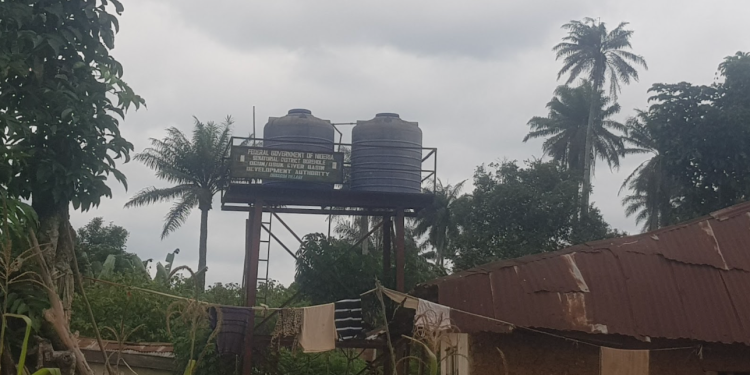
In Nigeria, Potable Water a Luxury for the Rich
In 2021, 111,062 Cholera cases were suspected in Nigeria with a total death figure of 3,604 in thirty four states of the country.
Category

In 2021, 111,062 Cholera cases were suspected in Nigeria with a total death figure of 3,604 in thirty four states of the country.
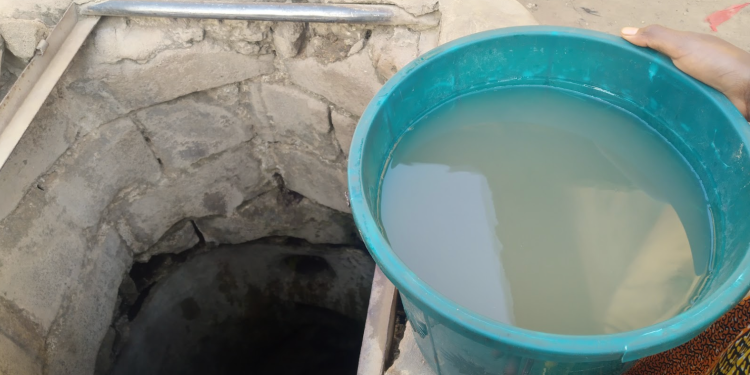
“The nurse said my daughter’s sickness resulted from the continued drinking of contaminated water. After spending all my savings and selling some of my valuables to treat her, I was forced to borrow an additional N10,000 from friends or risk losing my daughter to Cholera.”
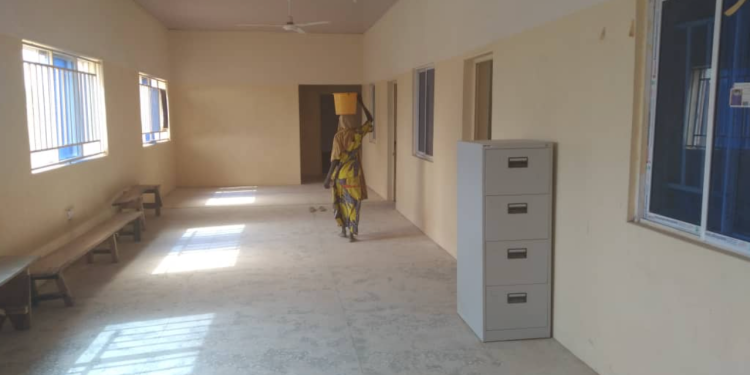
The Dataphyte project tracking and monitoring team that the Chamo BHC project, had been completed in accordance with the requirements in the bill of quantity. Although the project was completed two years after the contract was awarded.
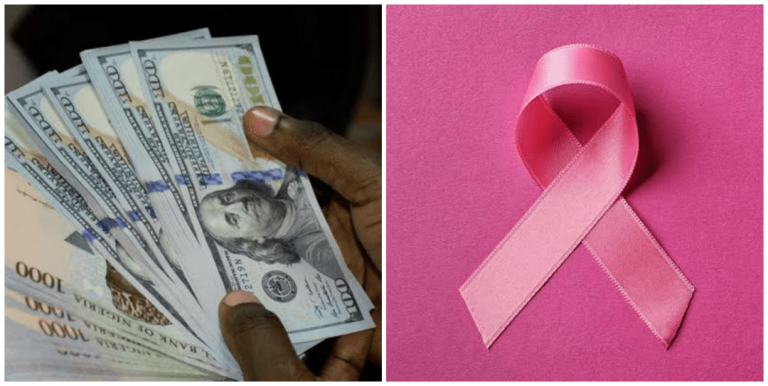
Just like other diseases, cancer can be cured if detected early and treated effectively. The cost of treatment varies based on the treatment type but they are still very expensive and out of reach for an average Nigerian.
.webp)
On the 26th of January, 2022, the National Centre for Disease Control (NCDC) activated the multi-sectoral and multi-disciplinary Lassa Fever Emergency Operations Centres in the country. Confirmed cases of Lassa fever in Nigeria that week stood at 170 and there were a total of 49 deaths from Lassa fever in January.
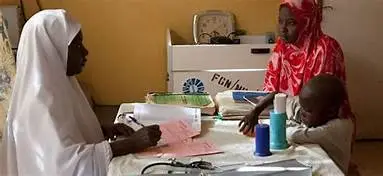
About 14.6% of Nigerians are unable to access adult medical services while 11.7% are unable to access child healthcare services. Another 9.5% cannot access maternal health care services.
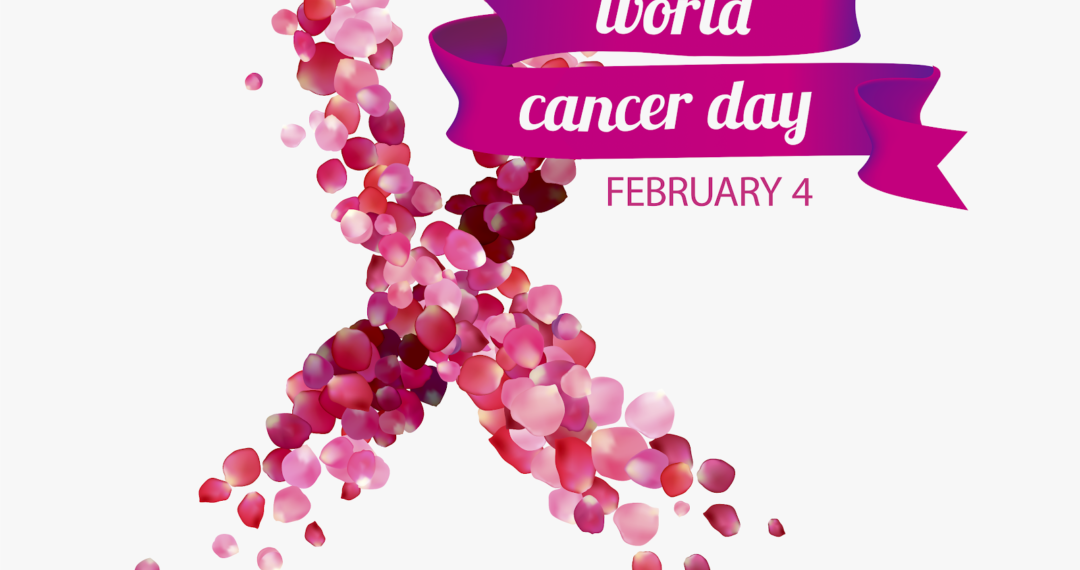
Of the 19.29 million cases reported worldwide, Nigeria, Africa’s most populous nation, had 124,815 new cases in 2020. Averagely, 72,000 Nigerians die of cancer annually.
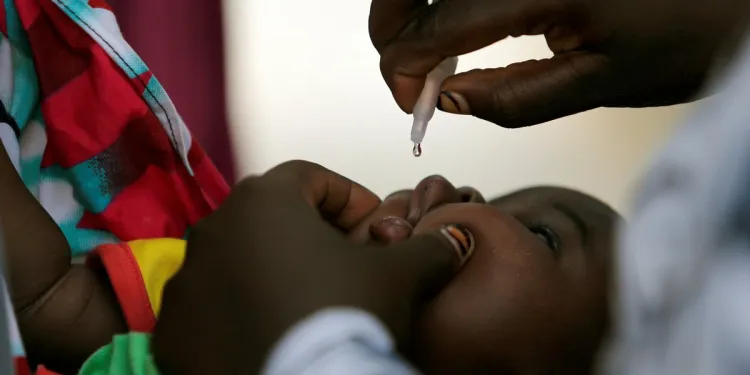
Data from the Nigerian Demographic and Health Survey 2018 shows that 31% of children aged 12-23 months received all basic vaccinations. Indicating that only 3 out of every 10 children aged 12-23 months received all basic vaccinations.
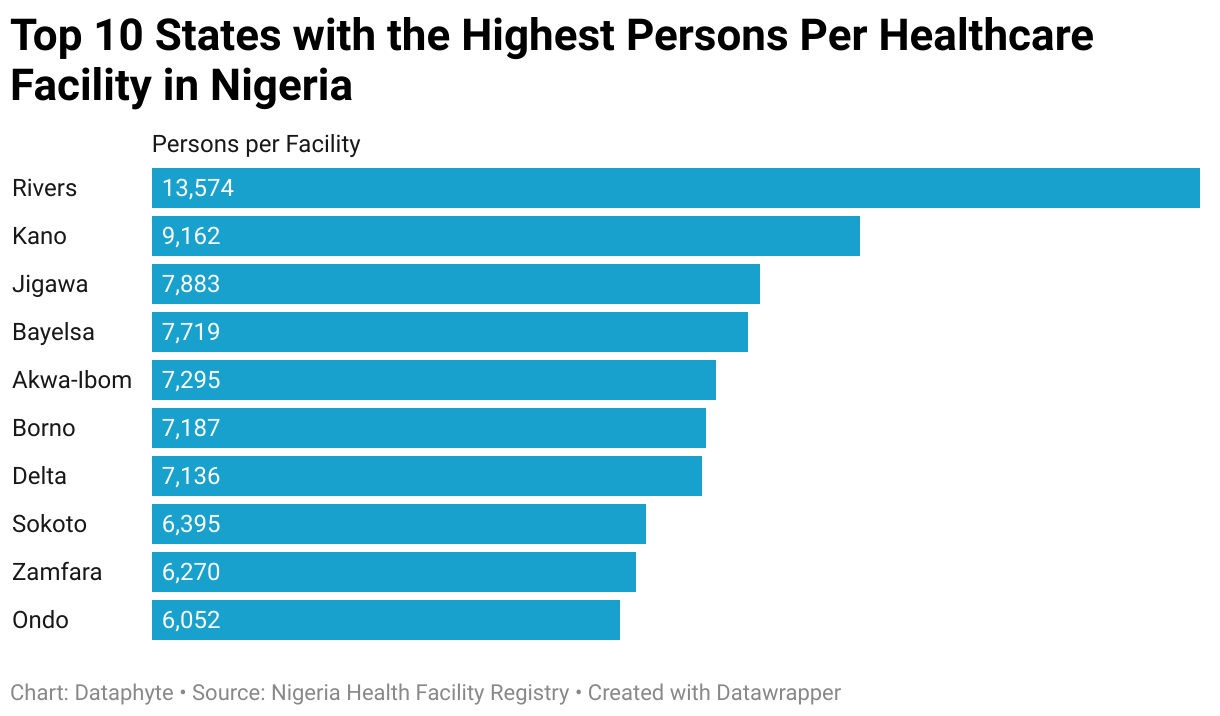
According to data from the Federal Ministry of Health’s Health Facilities Register, Nigeria has 40,017 operational hospitals and clinics spread across the country’s 36 states and the Federal Capital Territory. The health facilities are jointly owned by the government and private sector operators.
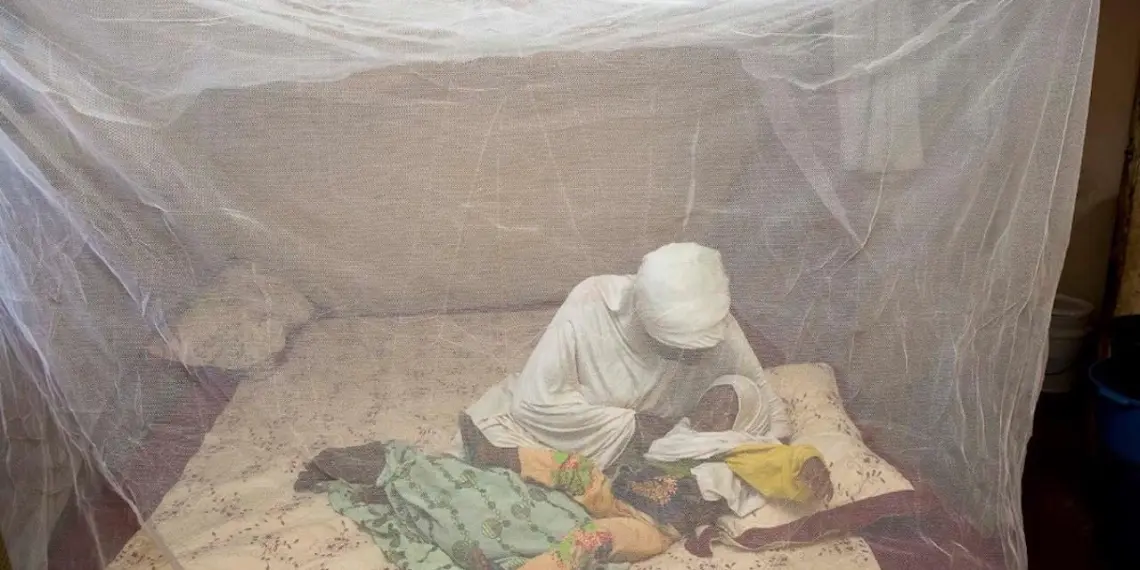
On that fateful day, the 30th of September, 2020, James Okafor’s family finished having dinner when his wife, Jessica, who ate just little due to lack of appetite, started running a fever. James rushed her to the nearest hospital, just a 20-minute drive from his house. The doctor on duty prescribed a series of tests, including COVID-19.
.webp)
As of December 22nd, 2021 there are 4035 new confirmed cases and 2 deaths recorded in the fourth wave of COVID-19 in Nigeria.
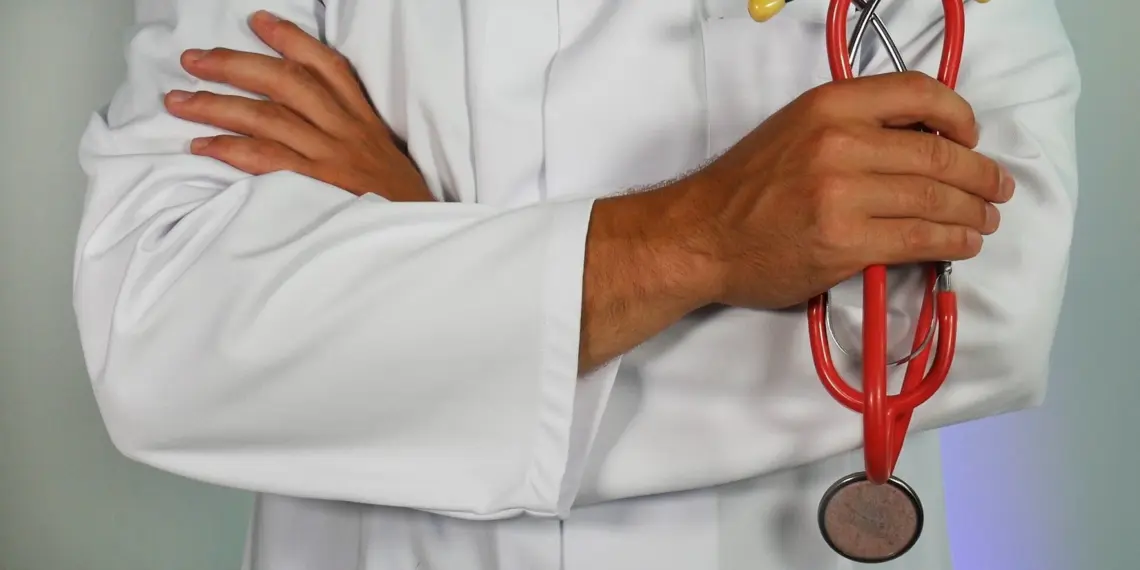
Health insurance has barely scratched the surface in Nigeria with regards to percentage coverage of the population.
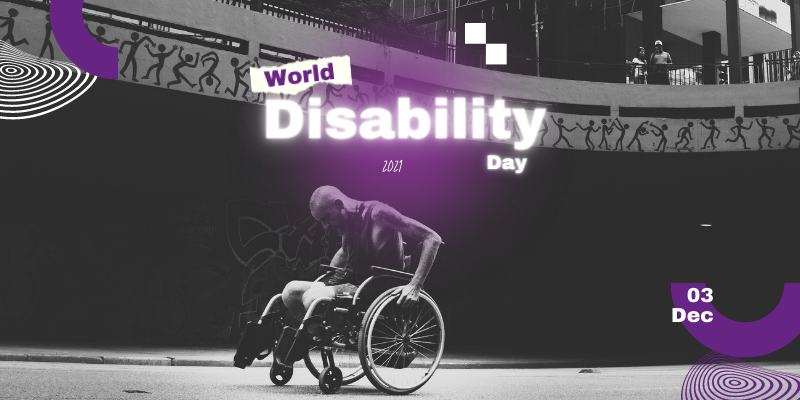
A statement by the Centre for Citizens with Disabilities (CCD) revealed that 24 States in Nigeria are yet to adopt the National Disability Rights Act.
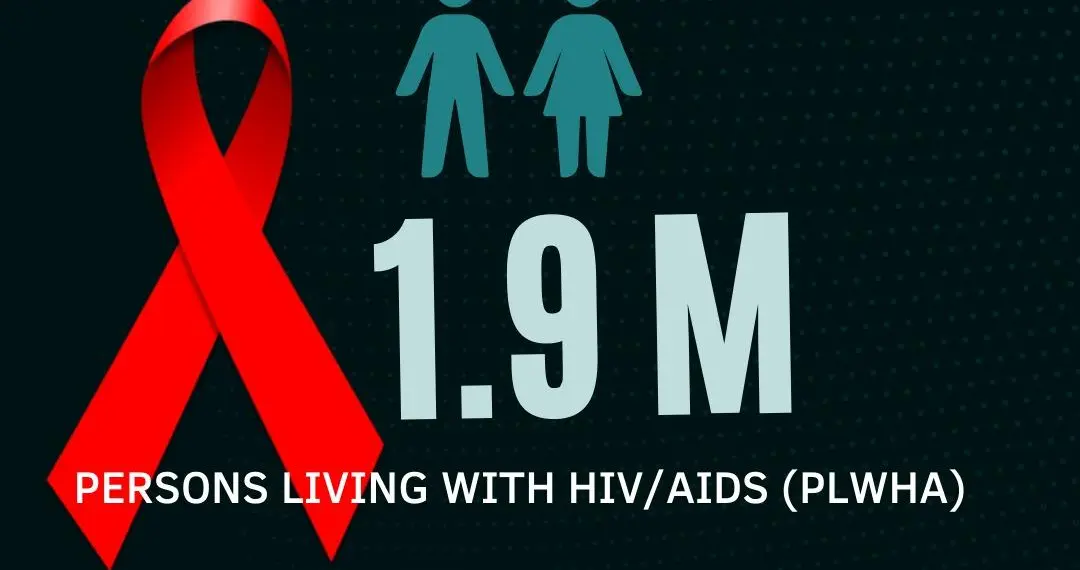
Today, the global community marks World AIDS Day with the theme “End Inequalities, End AIDS”.
.png)
On the 1st of December every year, we celebrate World’s AIDS Day, to give an opportunity for the community to unite in the fight against HIV/AIDS, to show support for those who have been diagnosed and to remember those who have been lost to the disease.